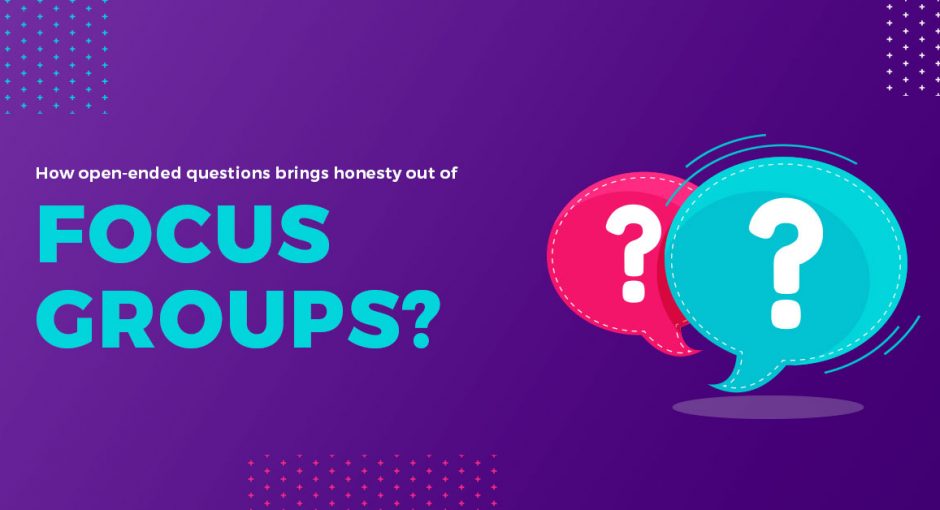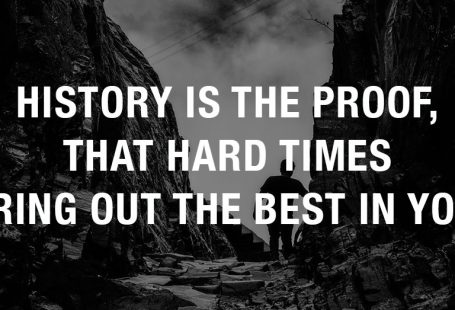Product launches fail at times, leaving startups perplexed, anguished, and whatnot. It’s easy to go gung ho about your next innovative idea, but it takes some serious reality check to come across its shortcomings. Raising right questions is very important in this regard.
Let’s understand this through an example.
Suppose a company is ideating on a product and it arranges some focus groups to understand users’ perceptions about its product. Let’s assume the product evokes positive perception, largely.
After a year, the product is launched, and it’s quite a disaster. Not even the people who were a part of the focus groups buy the product.
So can we say that people didn’t get to terms with the innovation or didn’t perceive the relevancy of the product or can there be any other reason?
The company approach towards the focus groups and the kind of questions it put across can be the reason for such surprising results.
It might have asked questions like, “Wouldn’t it be great if…..?”, or “Don’t you think…….is a big problem?”. Now just see the language used here. It reflects the company’s bias. They are looking for answers that they want to hear. Answers that reinforce their belief about the product.
Whenever you arrange a focus group to understand users’ perceptions, their natural inclination is to be nice, not honest.
Customers or focus groups often sense that bias and they say what you want them to say, even if they don’t believe in it. Such answers create a false sense of positivity. In other words, they create delusions.
And the end result is? You waste your resources, time, and opportunity to tap the market.
This is where open-ended questions come into play. As the name suggests, they open up a person and derive subjective responses that aren’t biased in nature.
Open-ended questions hit the pain points
Good questions are the ones that never give cues to customers. It’s about putting the ball in customers’ court and letting them play with it.
This is how open-ended questions work. If you rightly put them forward, people themselves will address their pain points, without any prompts or cues.
The idea behind open-ended questions is to not use direct language. Questions that start with phrases like “Are you”, “Will you”, “Didn’t you”, “Can’t you”, etc., will seldom be open-ended.
Also, it’s better not to show your biases by using phrases like “Do you agree that…”
On the other hand, if you ask questions that start with, “How”, “Why”, “Describe”, “What do you think about”, etc., will evoke more honest responses.
Open-ended questions bring comfort and show that you care
It’s common wisdom that trust evokes honesty. If they trust you, they will be honest in front of you.
“Good Cop Bad Cop” technique works on this principle only.
Nobody likes to be interrogated. Through your questions, people should sense concern and care. Open-ended questions create such an environment and bring the best out of people.
They kickstart conversations instead of interviews. And if you have the right body language, the results will be even better. Such questions give you space to react organically, like nodding your head. Therefore, the questioner comes across as someone who is receptive and eager to learn.
It’s better not to expect specific answers. Instead, look for pain points and build on it. Dig deeper to arrive at a meaningful end.
You can start your questions with:
“Tell me more about that.”
“What did you do to solve that problem?”
“What do you mean when you say…?”
Keeping things focused
The only concern with asking open-ended questions is that you might go off-topic.
For example, if your product is a CRM tool, then it’s better to ask questions like:
How do you keep in touch with potential and existing clients?
Which tools have you used till now?
Are you happy with the tools you have used till now? If not, then what are their shortcomings?
What do you expect when you think about a CRM tool?
If you want to show your unbiased approach, you can even ask about their previous clients. Questions like “How did you hear about your previous client?”, “What did you do after the first interaction?”, “How did you keep in touch?”, will project you as a secure company.
In the ideation phase, it’s important not to get carried away with your presumptions and enthusiasm. You must genuinely put your ideas under scrutiny, and open-ended questions have proven worth in this regard.
We hope this write-up will put you on the right track during the ideation phase. You can also refer to our guide on asking the right questions to customers. Do share your experiences with focused groups or the kind of questions you asked. We are all ears.





